‘The Catfish and The Frog’? - Tadpoles of six Megophrys frog species identified and described for the first time in Vietnam
In Vietnamese folklore, ‘The Catfish and The Frog’ (Truyện Trê Cóc) is a famous tale, exploring the mystery of parenthood and morphology.
In the story, a childless catfish couple steal the tadpoles of two frogs and claim they are their children. The frogs appeal to the mandarin who orders that the catfish husband be imprisoned, but the catfish wife bribes the mandarin’s assistant to have the case re-examined. After inspection of the pond by the mandarin’s inspectors, they declare that the tadpoles are the true offspring of the catfish [as the tadpoles look like catfish, not frogs].
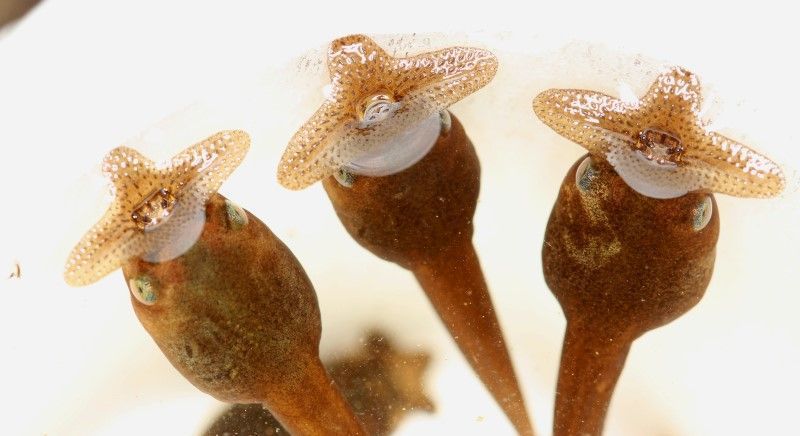
In the modern day, tadpoles are unlikely to be mistaken as catfish offspring, but how do we identify the adult form of tadpoles based on its appearance alone? While our knowledge of frogs has grown substantially (over 7,200 species have been described so far), little is known about the tadpole stage of many species. However, field research being done in Vietnam is hoping to change that.
In two recently published papers in Zootaxa, tadpoles of 6 species of Asian Horned Frogs (genus Megophrys) have been found and described in Vietnam for the first time, thanks to amphibian surveys jointly conducted by the Asian Turtle Program of Indo-Myanmar Conservation, Zoological Society of London (ZSL), the Australian Museum and Hoang Lien National Park, Vietnam.
Asian Horned Frogs are well-known for the elongated upper “eyebrows” and so far, 107 species have been reported in the forests in southeast Asia, China and northeast India. In Vietnam, a country located in the Indo-Burma biodiversity hotspot, 21 species have been reported, including the Giant Horned Frog.
“During my time searching for frogs along streams at high elevation in Vietnam’s montane evergreen forests, I have often been impressed by the unusual behaviours of some tadpoles feeding at the water surface. This has driven me to find answers for questions: “Which species are they?” and “How and why do they choose to feed in such a way?”” says co-author Luan Nguyen, scientific officer of the ATP/IMC.
After observing the tadpoles, the researchers took photographs, morphological measurements and DNA samples, which helped to identify the tadpoles as the larval stage of six Megophrys frog species. They include:
- the Mount Fansipan Horned Frog (Megophrys fansipanensis)
- the Giant Horned Frog (Megophrys gigantica)
- the Hoang Lien Horned Frog (Megophrys hoanglienensis)
- the Jingdong Horned Frog (Megophrys jingdongensis)
- the Maoson Horned Frog (Megophrys maosonensis)
- the Annam Horned Frog (Megophrys intermedia)
In the new scientific papers, the size, proportions, colour, and features of the tadpoles have been described. As well as identifying which species the tadpoles belong to, the research also describes the highly-specialised mouth parts which allow the tadpoles to feed on small particles suspended at the water surface. As tadpoles are more easier to find than adult frogs, the detailed descriptions of tadpoles can assist in species detection. Indeed, in one surveyed site, only the tadpoles of two species, Megophrys gigantica and Megophrys jingdongensis, were observed, and their adult forms did not appear during the survey period.
“The description of the morphological characteristics of these tadpoles (that all belong to the horned frog genus Megophrys) is helping to answer these questions and has moved us one step closer to understanding their evolution and natural history.” adds Luan.
The description provides essential information for the assessment of the conservation status of each species based on IUCN Red List Categories and Criteria, which in turn is a basic requirement to give recommendations to local authorities on biodiversity management and species protection.
The paper for the first five species is the result of months of surveys and research completed as part of a project funded by Ocean Park Conservation Foundation Hong Kong to survey and protect amphibian fauna in the Hoang Lien range and a ZSL EDGE Fellowship, while the last species’ description was made possible thanks to funding by National Geographic Research and Exploration (grant #NGS-52753R), Cleveland Metroparks Zoo and Rainforest Trust.
Read more about the research using the following links:
https://www.mapress.com/j/zt/article/view/zootaxa.4845.1.3
https://www.mapress.com/j/zt/article/view/zootaxa.4845.1.2
Date: 4th September 2020
Press release by: Bich Kieu & Nguyen Thanh Luan – ATP/IMC
Photo gallery
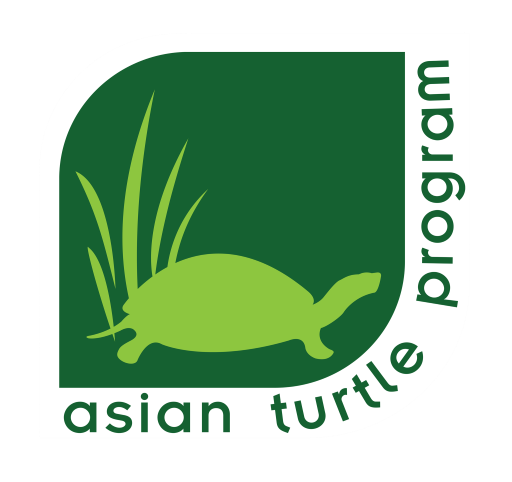





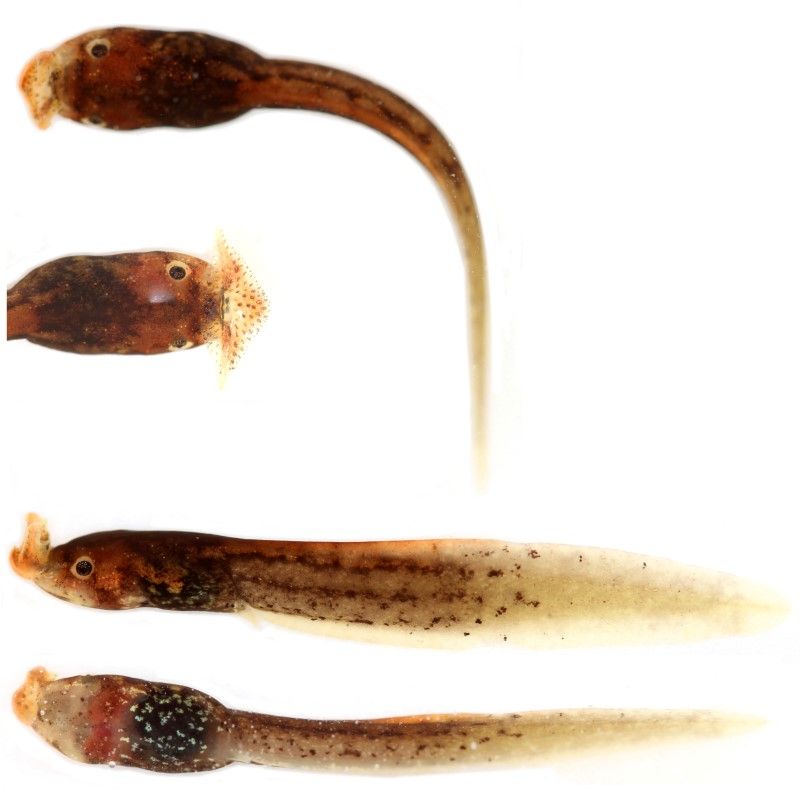
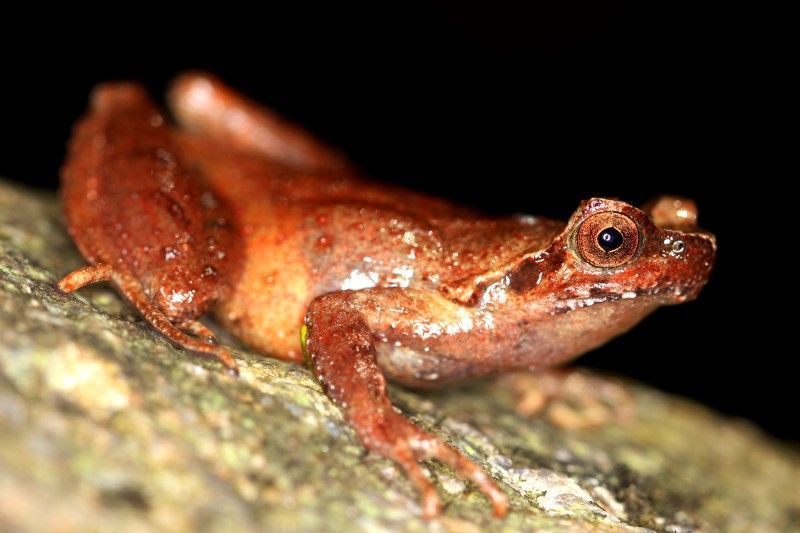
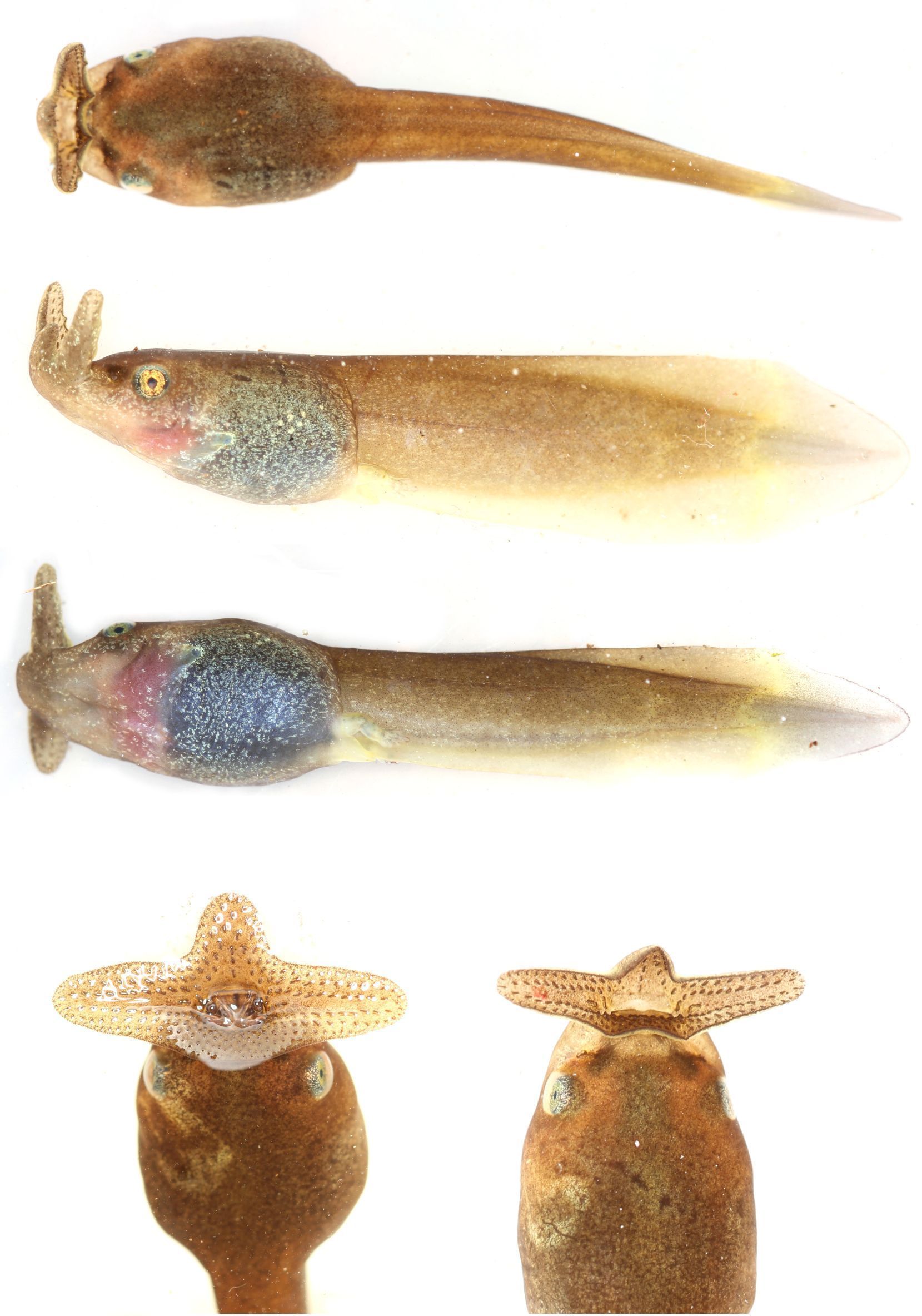
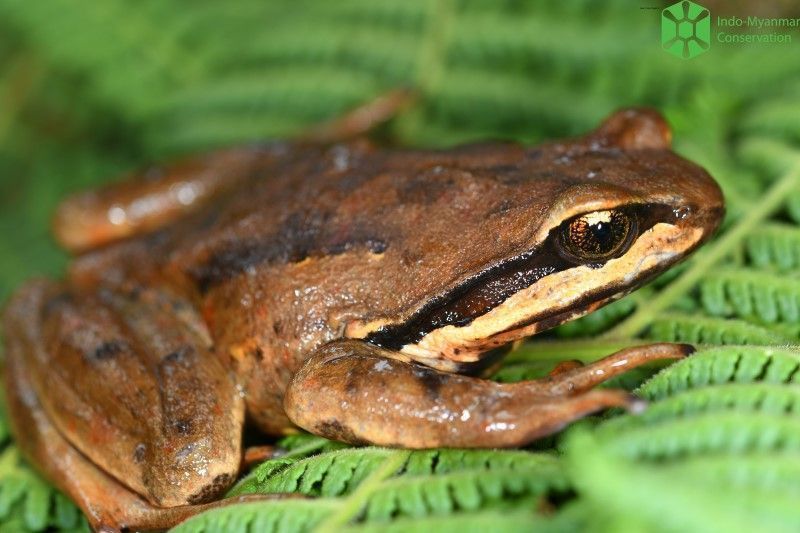
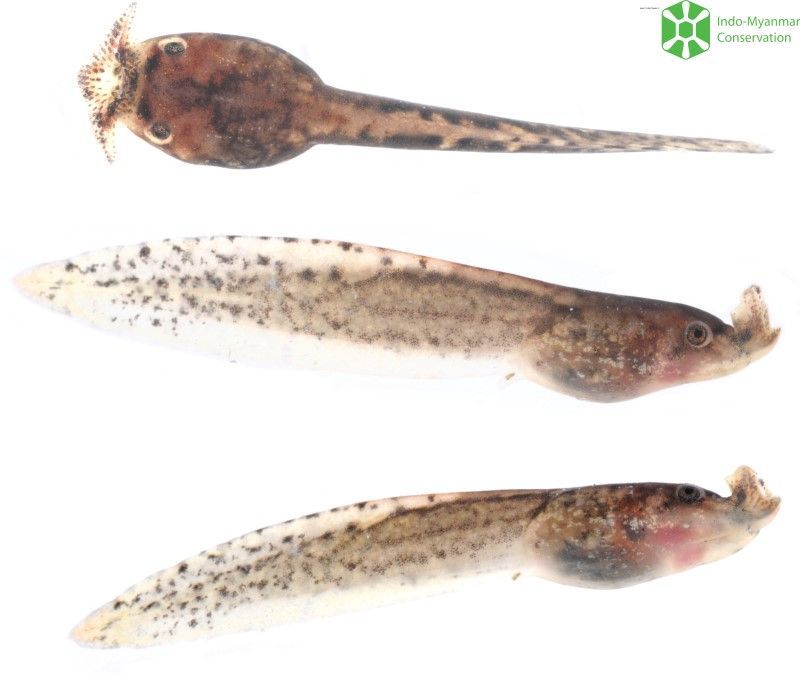
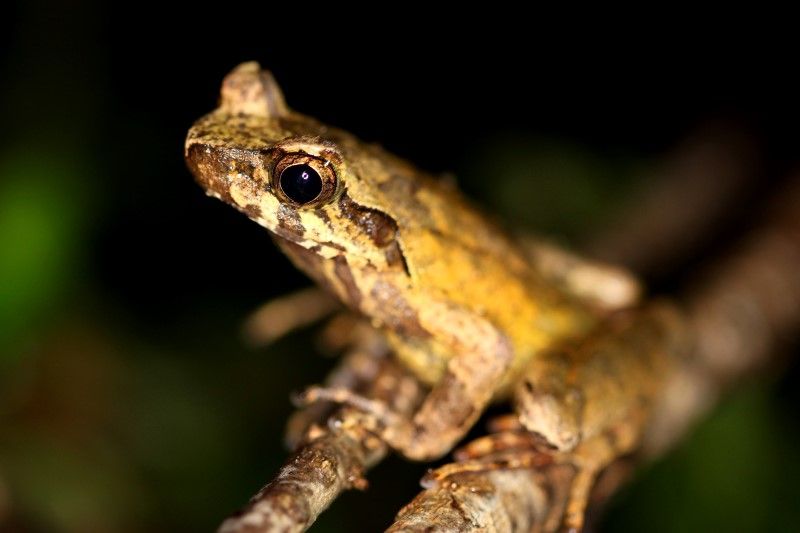
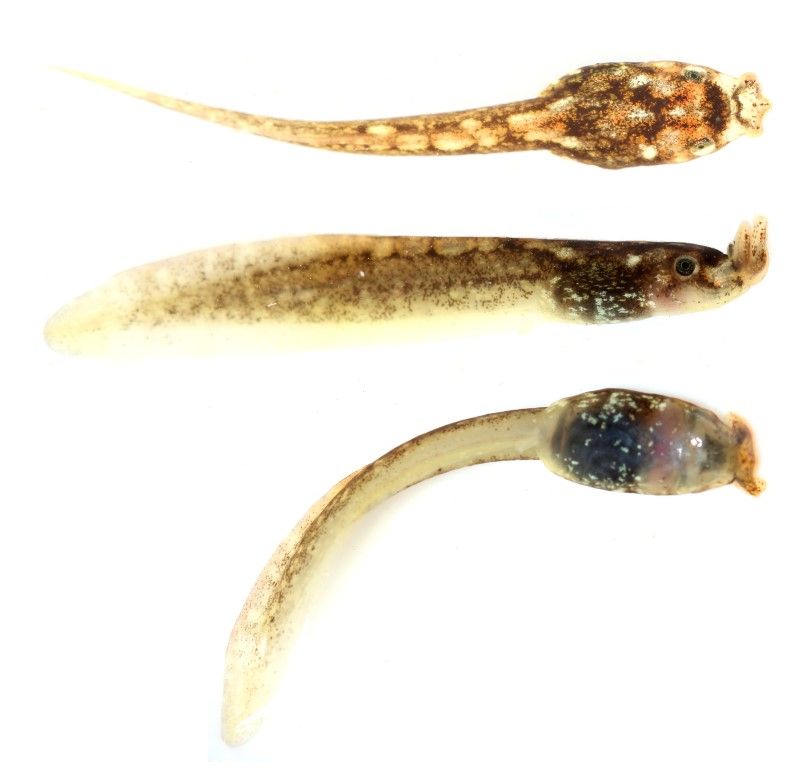
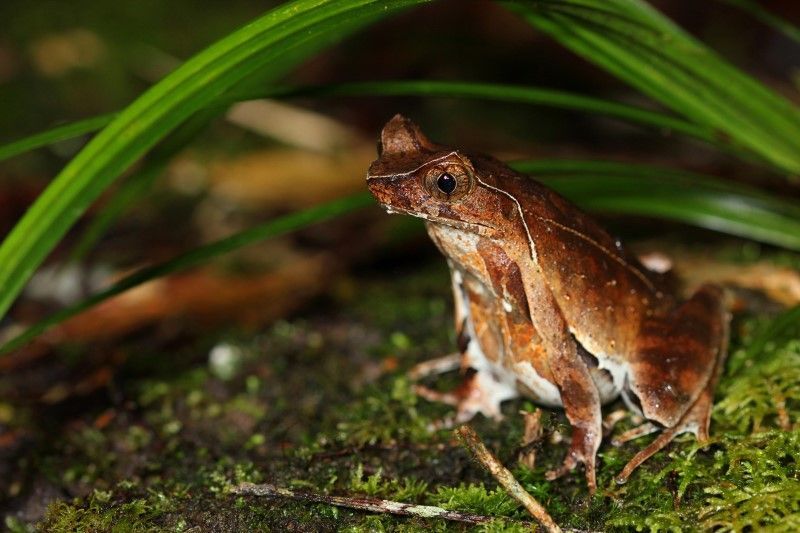
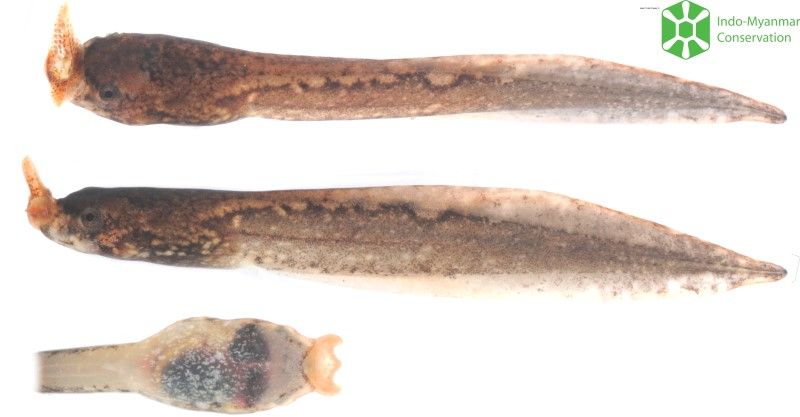
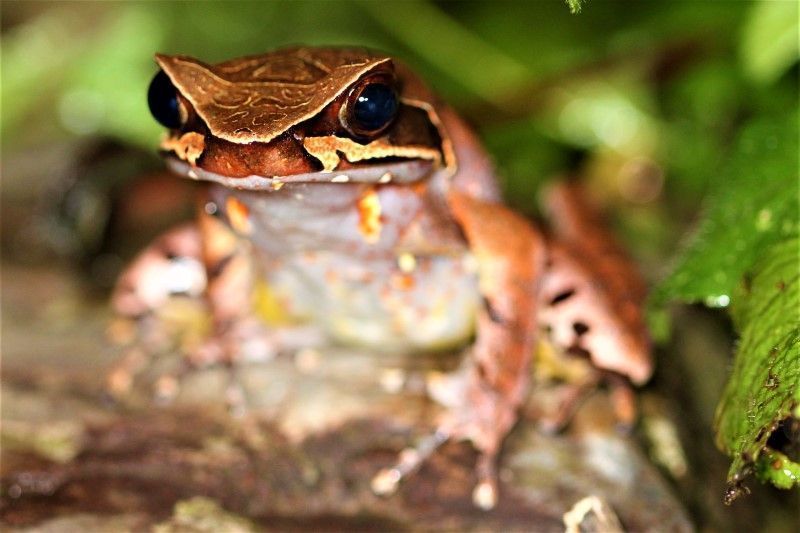
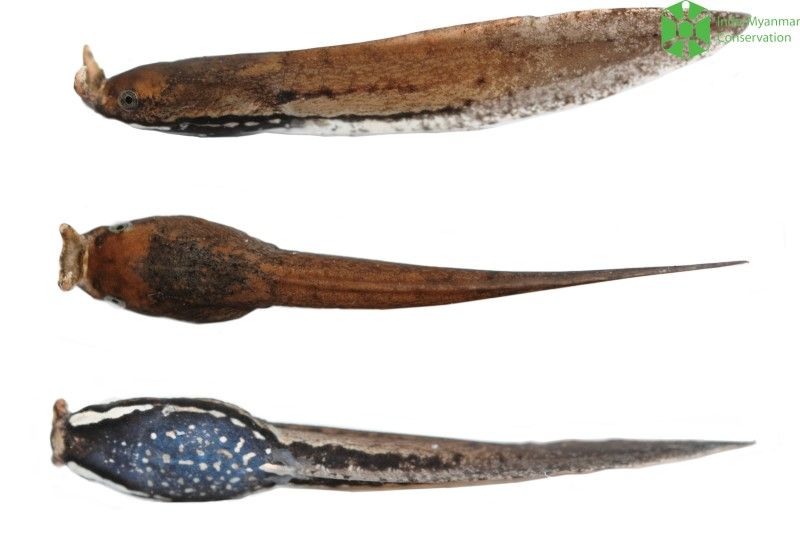

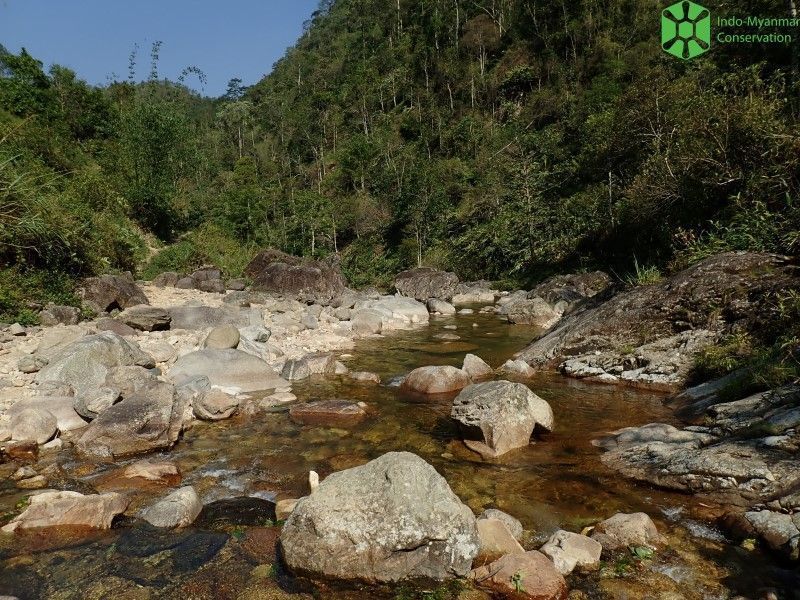
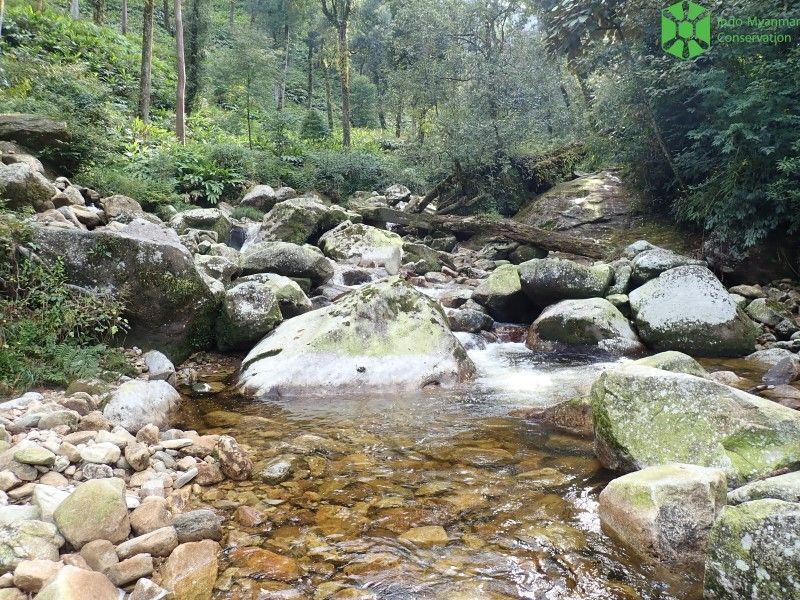
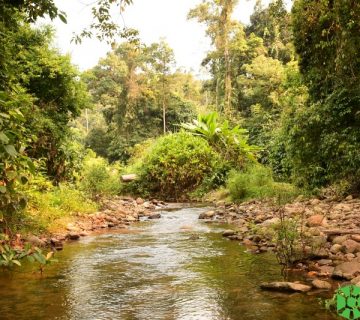

No comment